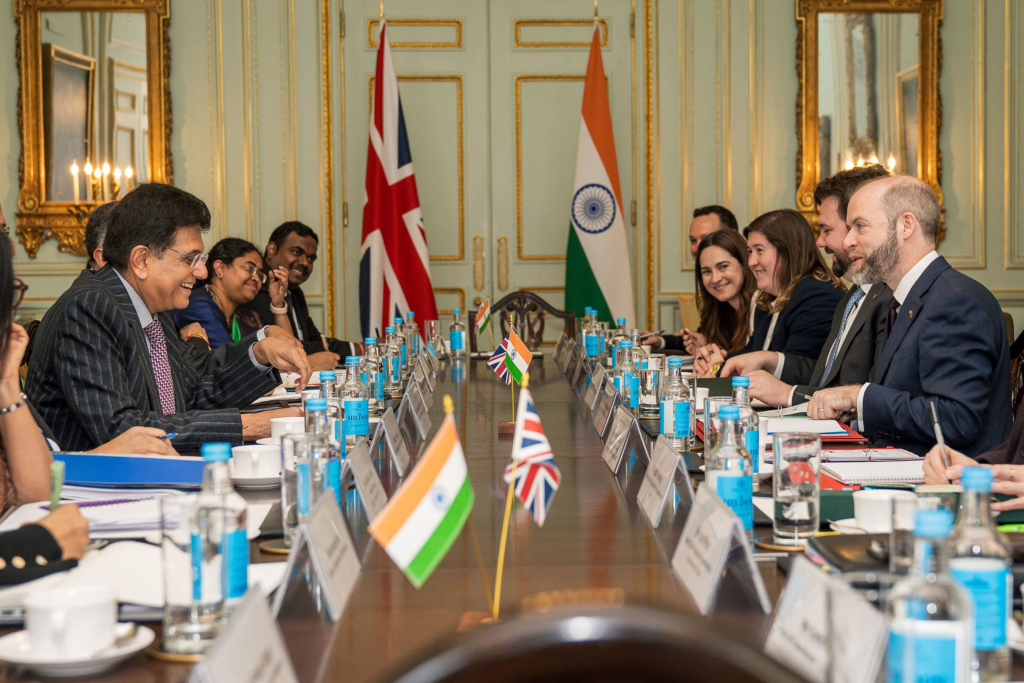Introduction
India has just finalized a major trade agreement that’s turning heads—not because of who signed it, but because of who didn’t. In a surprising geopolitical twist, India’s latest economic partner isn’t the United States. This bold move signals a possible shift in global trade alliances. Here are the top 5 facts you need to know about this historic deal.

1. India Signed the Deal With [Country/Region Name]
Rather than aligning further with Washington, India chose to deepen economic ties with [insert country or region, e.g., the European Union, UAE, or Russia]. This agreement spans key sectors like energy, technology, and manufacturing, aiming to boost bilateral trade by billions over the next decade.
2. Strategic Diversification From Western Dependence
India has been actively pursuing trade diversification. While ties with the US remain important, this deal shows a strategic pivot to reduce over-reliance on Western economies and create a multi-polar trading network. It aligns with New Delhi’s broader goal of economic self-reliance under the “Atmanirbhar Bharat” initiative.
3. The Deal Covers Critical Sectors
- Energy Security: Long-term supply agreements and joint ventures
- Digital Economy: Cross-border data sharing, AI collaboration
- Defense Manufacturing: Co-development and exports
- Infrastructure: Smart cities, ports, and green corridors
4. US-India Trade Talks Still Stalled
Despite several rounds of negotiations, a comprehensive US-India trade pact has yet to materialize. Tariff disputes, data regulation, and agricultural subsidies remain sticking points. This new deal reflects India’s growing impatience and desire to press ahead without waiting on Washington.
5. Global Trade Implications
This agreement could inspire similar moves among other middle powers aiming to rebalance away from US-China trade tensions. India’s decision may also accelerate regional integration, especially in Asia and the Global South, boosting platforms like BRICS and the SCO.
Conclusion
India’s massive new trade agreement marks a pivotal moment in global economic diplomacy. While Washington watches closely, New Delhi is clearly charting an independent course. As this deal unfolds, expect ripple effects in trade patterns, alliances, and global supply chains.
Want to understand how this shift could affect your business or region? Read our breakdown of India’s evolving trade priorities.